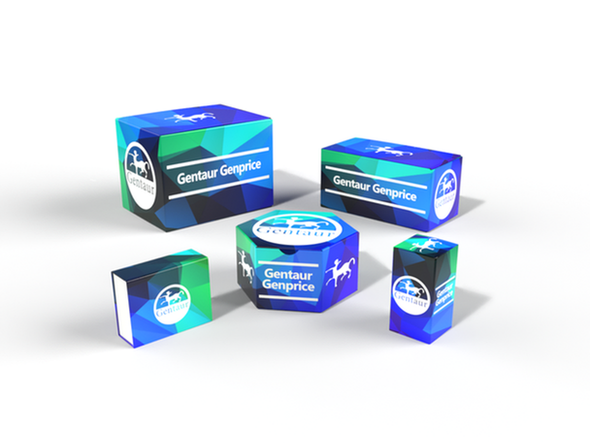BW
T-type Ca++ CP α1H (P492) polyclonal Antibody | BS3413
- SKU:
- BW-BS3413
- Availability:
- Usually ships in 5 working days
Description
T-type Ca++ CP α1H (P492) polyclonal Antibody | BS3413 | Gentaur UK, US & Europe Distribution
Host: Rabbit
Reactivity: Human,Mouse,Rat
Application: WB
Application Range: WB: 1:500~1:1000
Background: Voltage-dependent Ca++ channels mediate Ca++ entry into excitable cells in response to membrane depolarization, and they are involved in a variety of Ca++-dependent processes, including muscle contraction, hormone or neurotransmitter release and gene expression. Calcium channels are highly diverse, multimeric complexes composed of an α1 subunit, an intracellular β subunit, a disulfide linked α2/δ subunit and a transmembrane γ subunit. Ca++ currents are characterized on the basis of their biophysical and pharmacologic properties and include L-, N-, T-, P-, Q-, and R- types. T-type Ca++ currents are activated and inactivated more rapidly and at more negative membrane potentials than other Ca++ current types. T-type Ca++ channels enhance odor sensitivity by lowering the threshold of spike generation in olfactory receptor cells (ORCs) .
Storage & Stability: Store at 4°C short term. Aliquot and store at -20°C long term. Avoid freeze-thaw cycles.
Specificity: T-type Ca++ CP α1H (P492) polyclonal Antibody detects endogenous levels of T-type Ca++ CP α1H protein.
Molecular Weight: ~ 315 kDa
Note: For research use only, not for use in diagnostic procedure.
Alternative Names: Voltage-dependent T-type calcium channel subunit alpha-1H; Low-voltage-activated calcium channel alpha1 3.2 subunit; Voltage-gated calcium channel subunit alpha Cav3.2; CACNA1H
Immunogen: Synthetic peptide, corresponding to amino acids 461-510 of Human T-type Ca++ CP α1H.
Conjugate: Unconjugated
Modification: Unmodification
Purification & Purity: The Antibody was affinity-purified from rabbit antiserum by affinity-chromatography using epitope-specific immunogen and the purity is > 95% (by SDS-PAGE) .
Pathway:






